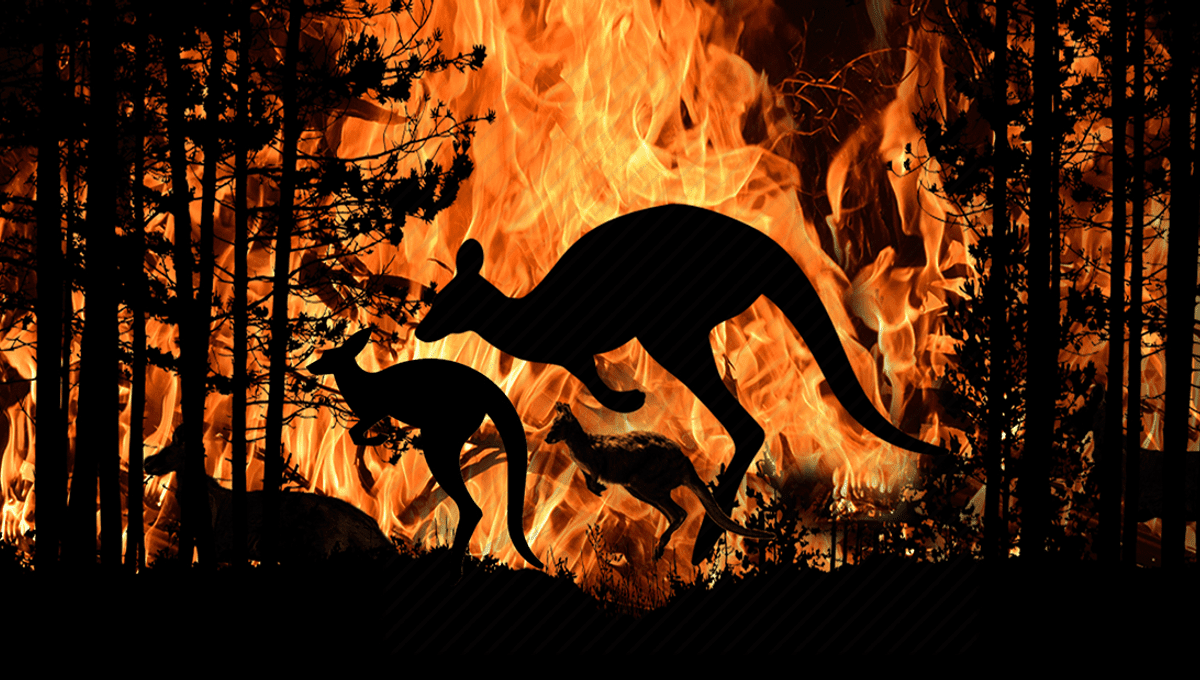
A myth passed down by Indigenous Australians for 7,000 years may be a record of an actual event. For thousands of years, the Gugu Badhun Aboriginal people have lived in the upper Burdekin River valley in Northern Queensland. Surviving likely from before the written historical records of Egypt or Mesopotamia, several tales of death, destruction, and the earth burning have been passed down for around 230 generations, all the way to today.
“One Gugu Badhun tradition recounts the earth being on fire along the watercourses,” a team studying the potential real-life inspiration behind the stories wrote, “while a second tradition tells of a time when a witchdoctor made a pit in the ground and lots of dust in the air; people got lost in the dust, and died.”
Looking at rock samples from lava flow created by the Kinrara volcano in Queensland, a team from Australia and Scotland was able to date when the volcano last erupted, putting it at around 7,000 years ago. Exploring the local history, the team found a recording of an elder describing the myths above, and believe it is possible that it refers to the eruption.
“These stories are plausible descriptions of a volcanic eruption – the Kinrara volcano has a very prominent crater, which produced volcanic ash and lava fountains,” author Dr Benjamin Cohen said in a press release at the time.
“The lavas from the volcano flowed 55 kilometres [34 miles] down the surrounding stream and river valleys, and would have looked very much like the earth burning. The volcanic eruption of Kinrara adds to a growing list of geological events that appear to be recounted in Australian Aboriginal traditions, including sea level rise around 10,000 years ago and other volcanic eruptions elsewhere on the continent.”
The team believes that the tales fit the type of eruption which took place at Kinrara, “which erupted from a crater, with ash-rich explosive activity, lava fountaining, and pyroclastic eruptions.”
“The mention of people dying in the dust (potentially volcanic ash) may be significant,” they add, “as it could indicate noxious gas emissions during the eruption, or asphyxiation in the ash”.
The team can’t prove conclusively that the tales were a record of the eruption, but struggle to find other events which would match the description – particularly of the burning watercourses, craters and dust. Other events, from a rise in sea levels to meteor showers, are believed to have been recorded and passed down in the same way by Indigenous populations of Australia.
“We suggest that a worthwhile topic for future research would be to further examine Aboriginal verbal traditions for features that may describe eruptions, ” the team added, “which may reveal information about these volcanoes, as well as the longevity and detail of the verbal traditions themselves.”
Source Link: A 7,000-Year-Old Indigenous Australian Myth May Recount A Real Event